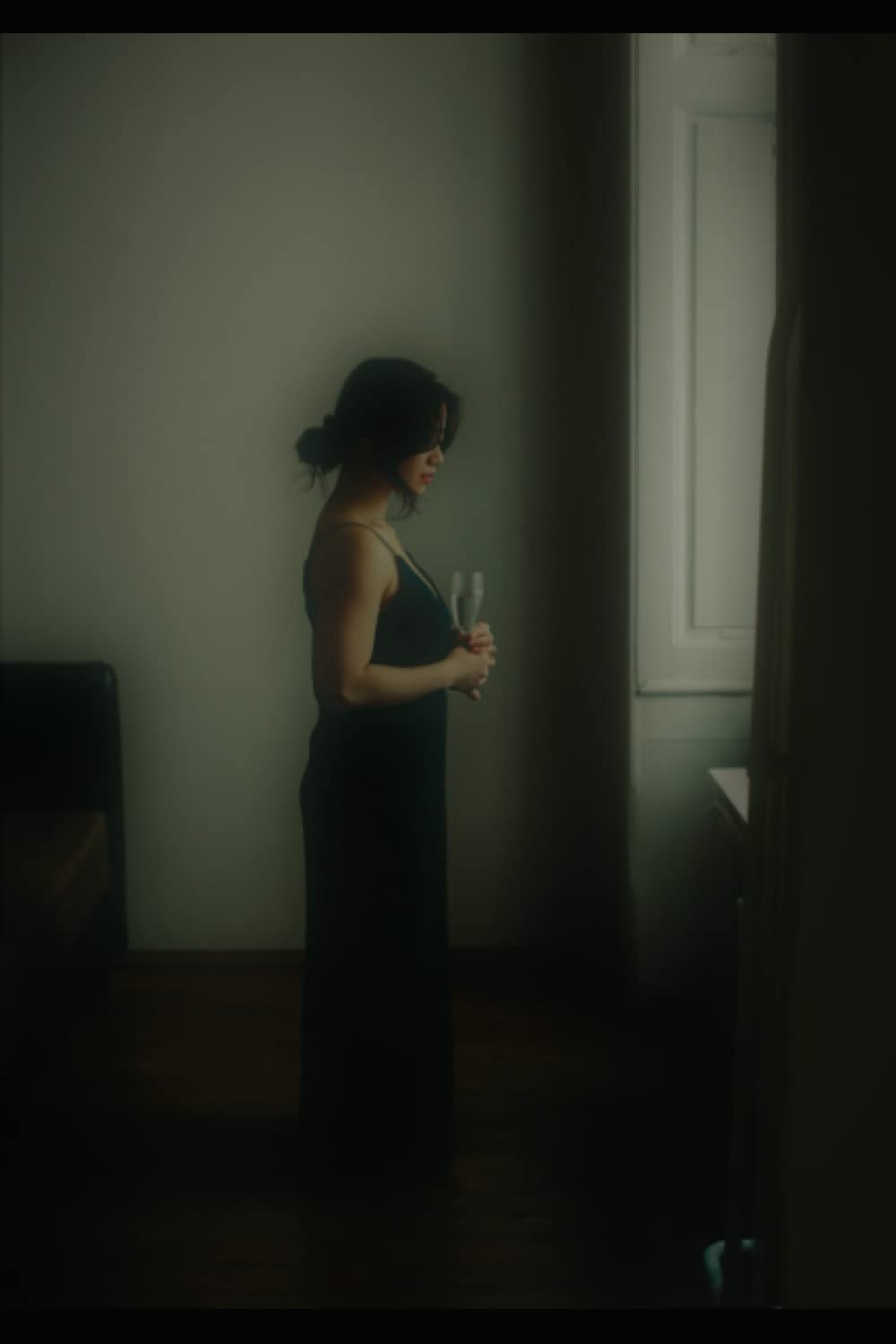What do you think?
Rate this book


132 pages, Paperback
First published March 15, 1954

‘I made this attitude my own with far more conviction, I think, than if I had immediately put it into practice. I believed I could base my life on it…I visualized a life of degradation and moral turpitude as my ideal.’
‘it was for this I reproached Anne: she prevented me from liking myself. I, who was so naturally meant for happiness and gaiety, had been forced by her into a world of self-criticism and guilty conscience, where, unaccustomed to introspection, I was completely lost. And what did she bring me? I took stock: She wanted my father, she had got him. She would gradually make of us the husband and step-daughter of Anne Larsen; that is to say, she would turn us into two civilized, well-behaved and happy people’
This strange new feeling of mine, obsessing me by its sweet languor, is such that I am reluctant to dignify it with the fine, solemn name of ‘sadness’. It is a feeling so self-indulgent and complete in itself that I am almost ashamed of it, whereas I had always looked upon sadness as being a worthy emotion. Before, I did not know what sadness was, though I knew what it was to be languorous, to have regrets and, more rarely, to feel remorse. Today it is as if I am enfolded in some silken thing, soft and enervating, that sets me apart from others.
She was pleasant yet distant. Everything about her denoted an unwavering will and a serenity that was actually intimidating. Although she was divorced and, in that sense, free, she was not known to have lovers. In any case, we did not move in the same circles: she spent her time with people who were sharp, intelligent and discreet, whereas the people we spent time with were noisy and insatiable – all that my father asked of them was that they be either good-looking or amusing.
But Cyril was there and he was all I needed to think about. In the evenings we would often go out together to nightclubs in Saint-Tropez, where we would dance to the swooning rhythms of a clarinet, murmuring words of love that I had forgotten by the following morning but that at the time had sounded so sweet.
‘You take a red-headed girl to the seaside, to sun that she can’t cope with, and when she’s all peeling you abandon her. It’s too easy! And what am I supposed to say to Elsa?’
Anne had turned back towards him wearily. He was smiling at her and wasn’t listening. I could not have been more exasperated.
‘I’m… I’m going to tell her that my father has found another lady to go to bed with and that she should get lost, is that it?’

